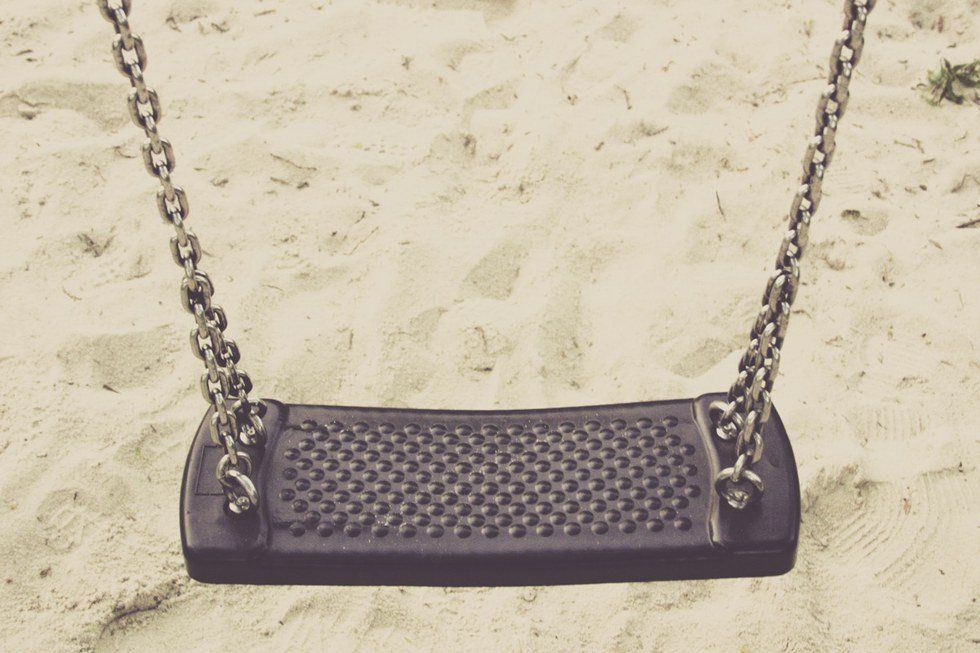Mental illnesses, particularly those in teens, seems to be more prevalent lately. I’m not sure why this is. Maybe it’s because we have two teens in our home. Maybe it’s because I work with teens. Maybe it’s not more prevalent than before, but just something I’ve noticed more. Whatever the reason, I’m glad it’s receiving the attention.
Three years ago one of my best friends called. Her son’s school had called and said he was struggling with depression. It didn’t seem possible. “Matt” was a happy young man. He was involved in three sports and a multitude of clubs and activities. He had a 4.0 GPA and took several honors classes. Every college he applied to welcomed him with open arms. While he didn’t always have a steady girlfriend, there was always a girl by his side. Matt’s smile and laugh are refreshing. Depression wasn’t a word I would use to describe Matt.
Our babysitter recently shared that she struggles with depression and has for quite some time. As a young lady in her 20s, she has watched our three children since she was in junior high. Never once have I ever guessed she struggles with depression. “Sarah” is beautiful, inside and out. She has a heart of gold and a smile that lights up a room. Sarah and depression don’t even seem like they belong in the same sentence.
As it turns out, depression isn’t just about being sad. It’s not someone with constant tears. Depression has many signs. For Matt, he was self-inflicting pain. He had been cutting himself for over four months without others knowing. Four months of inflicting pain upon himself because he was miserable, yet never said a word. Four months of being happy on the outside, yet hurting on the inside. WOW.
I had the basic understanding of what a mental illness was. I knew the signs, or thought I knew the signs. Do any of us really know the signs? What happens when as a parent, we get that call that our child is suffering with a mental illness?
Matt’s mom had told me various times over the last year that Matt was moody. He was short with her and sometimes just plain rude. She attributed it to his over involvement at school and felt he needed to quit some of the activities he was in. On weekends, she noticed him going to bed earlier than usual. When she asked him, he told her he was exhausted from a full week of activities. This made sense to her. As she later found out, irritability and a change in sleeping habits are two signs of teens struggling with depression.
It’s been three years ago since that phone call. Matt has received counseling and taken medication to help with his anxiety and depression. He’s away at college now. Every time I ask my girlfriend how Matt is doing, her response always is “I think good, but all I can really do is hope.” I can’t imagine the heartache she endures worrying about him from miles away. As for Sarah, it’s been a few years since she shared her journey with depression. In doing so, she has turned her experiences into a way of educating others to not only recognize the signs, but also be respectful of others who may be struggling with a mental illness. Sarah has encouraged others on the same journey to share their stories and support one another. When Sarah first told me of her struggles, I felt sorry for her. Looking at things now, I realize she is one of the strongest people I know. She opened her heart for others to see what most try to hide.
The bottom line is that teens struggle. Their pressures are real. Our society has set them up to be judged on absolutely everything they do. While there are resources available to them for help, what happens if they seek one of these resources? Would some consider them weak? I hope not. It is our job as adults and parents to educate ourselves and our own children about depression. We need to know the signs. We need to teach our children that when someone is hurting, they have to help. I have three children of my own and the reality is very real that one of them will struggle with a mental illness. If this happens, I will pray for them, support them, and seek any and every type of help and resource I can. I know it’s not something to be embarrassed about. Mental illness is dangerous. It eats at one from the inside and doesn’t always show through until it’s too late. Do your research. Educate yourself.
**Names have been changed to protect the identity of anyone mentioned.**





















